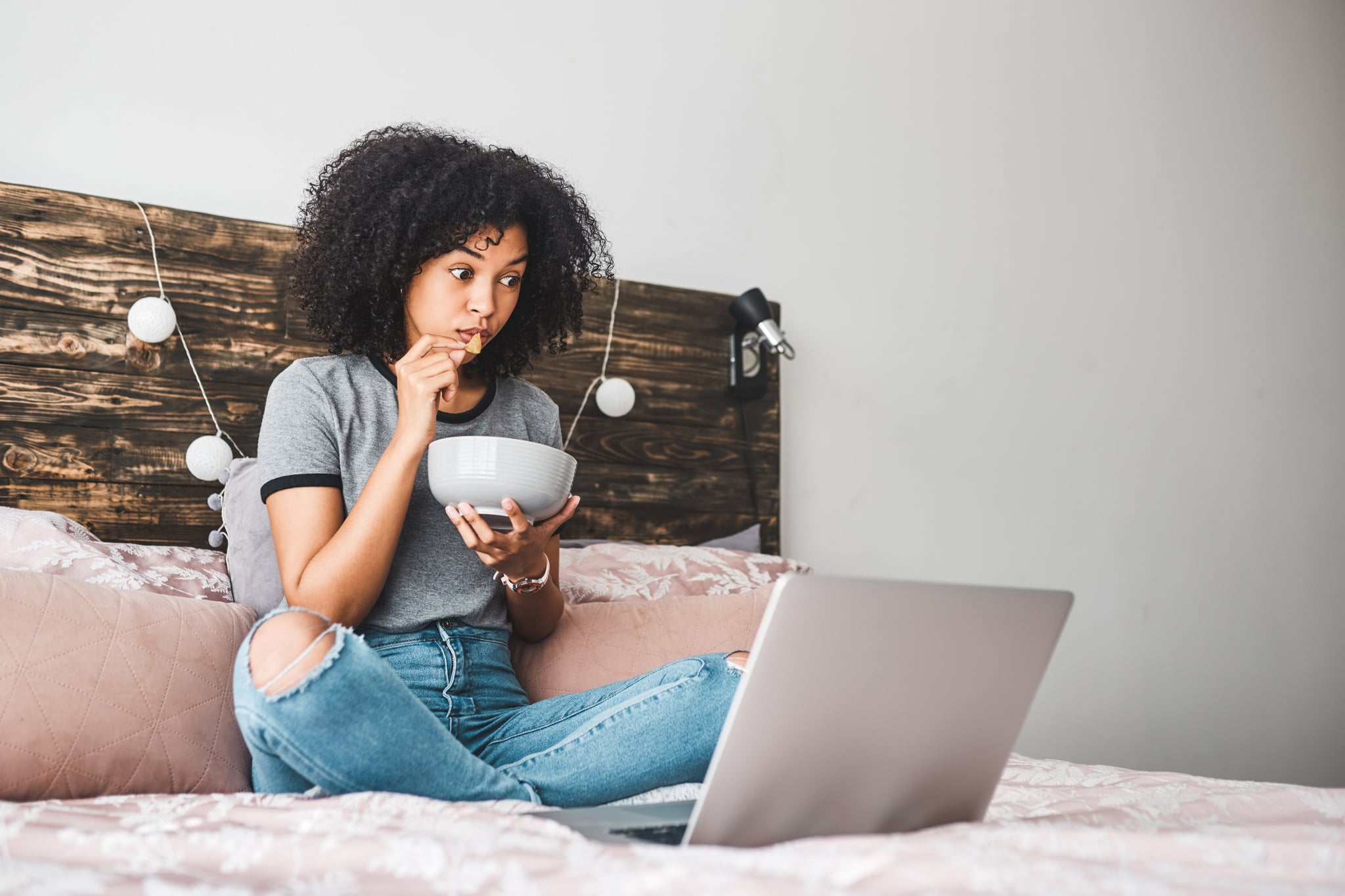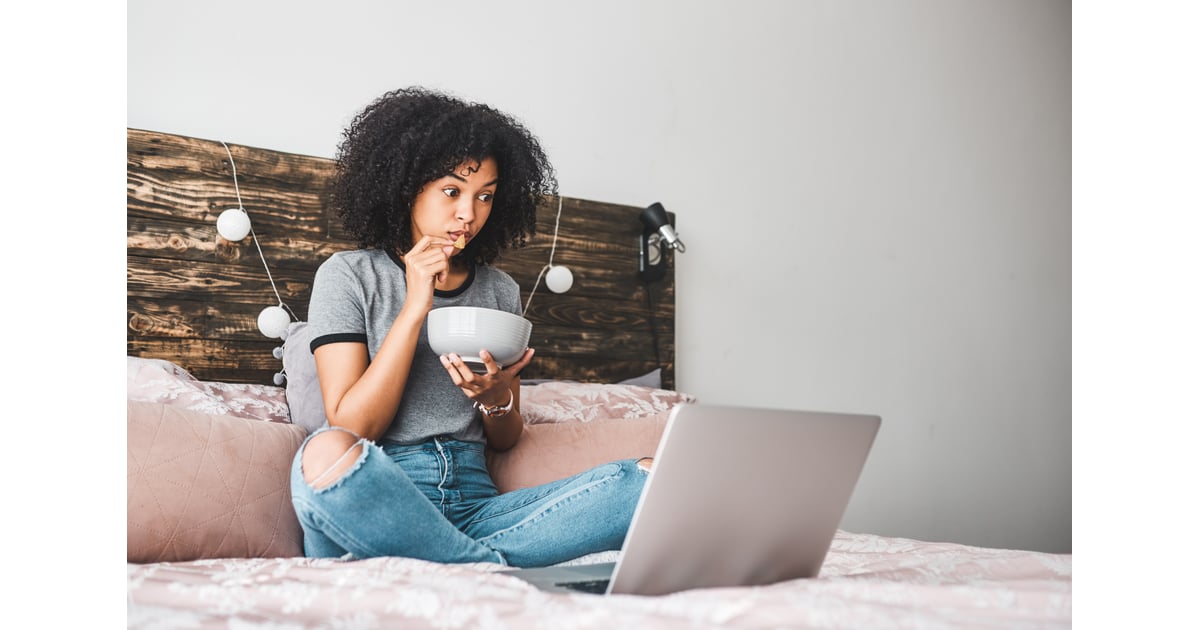
Like clockwork, my postdinner cravings kick in around 9:45 p.m. I slip into the kitchen for some ice cream or leftovers and munch away on the couch to Will and Grace reruns. Life is blissful until I slide back into bed to battle a burning sensation in my chest and throat.
That fiery agitation is a spell of acid reflux, and Dr. Kristen Lee, MD, a gastroenterologist associated with Manhattan Gastroenterology, says it should put an end to my reign as the late-night snacking queen.
“Gastroesophageal reflux, or acid reflux, occurs when gastric acid flows back upward into the esophagus and causes uncomfortable symptoms of heartburn and regurgitation,” Dr. Lee says.
“Heartburn (same thing as acid indigestion or pyrosis) feels like a burning sensation behind the sternum, most commonly felt after meals. Regurgitation is the sensation of refluxed stomach contents moving up into the throat or mouth.”
Eating before lying down causes my acid reflux — but that’s just one example of how one’s daily habits can be the root of their pain. Dr. Lee says smoking tobacco, drinking alcohol, and stress can induce flare-ups, too.
If none of those scenarios speak to your lifestyle, start tracking what you’re eating and drinking.
Spicy, greasy, fatty, and acidic foods are known to trigger acid reflux. Dr. Lee mentions some of my favorite bites like chocolate, citrus, onion, garlic, and tomatoes as examples of foods to avoid.
Alcoholic and caffeinated drinks like coffee, tea, soda, and energy drinks can cause acid reflux, too.
No matter your pain level, Dr. Lee notes the importance of discussing new-onset, persistent, or troublesome acid reflux symptoms with your doctor — especially if you’re experiencing drastic weight loss, severe stomach pain, trouble swallowing, or food getting stuck in your chest.
The answer to your pain could be a simple lifestyle change or maybe an antacid, which your doctor can help you sort out after identifying your triggers. In my case, Dr. Lee suggests waiting at least three to four hours after eating (opting for smaller portions can help, too!) to lie down.
I’ve even upgraded my Will and Grace viewings from snack time to self-care hour. Pampering myself with face masks and nail polish helps me avoid cravings — and even better, acid reflux.
Click here for more health and wellness stories, tips, and news.
